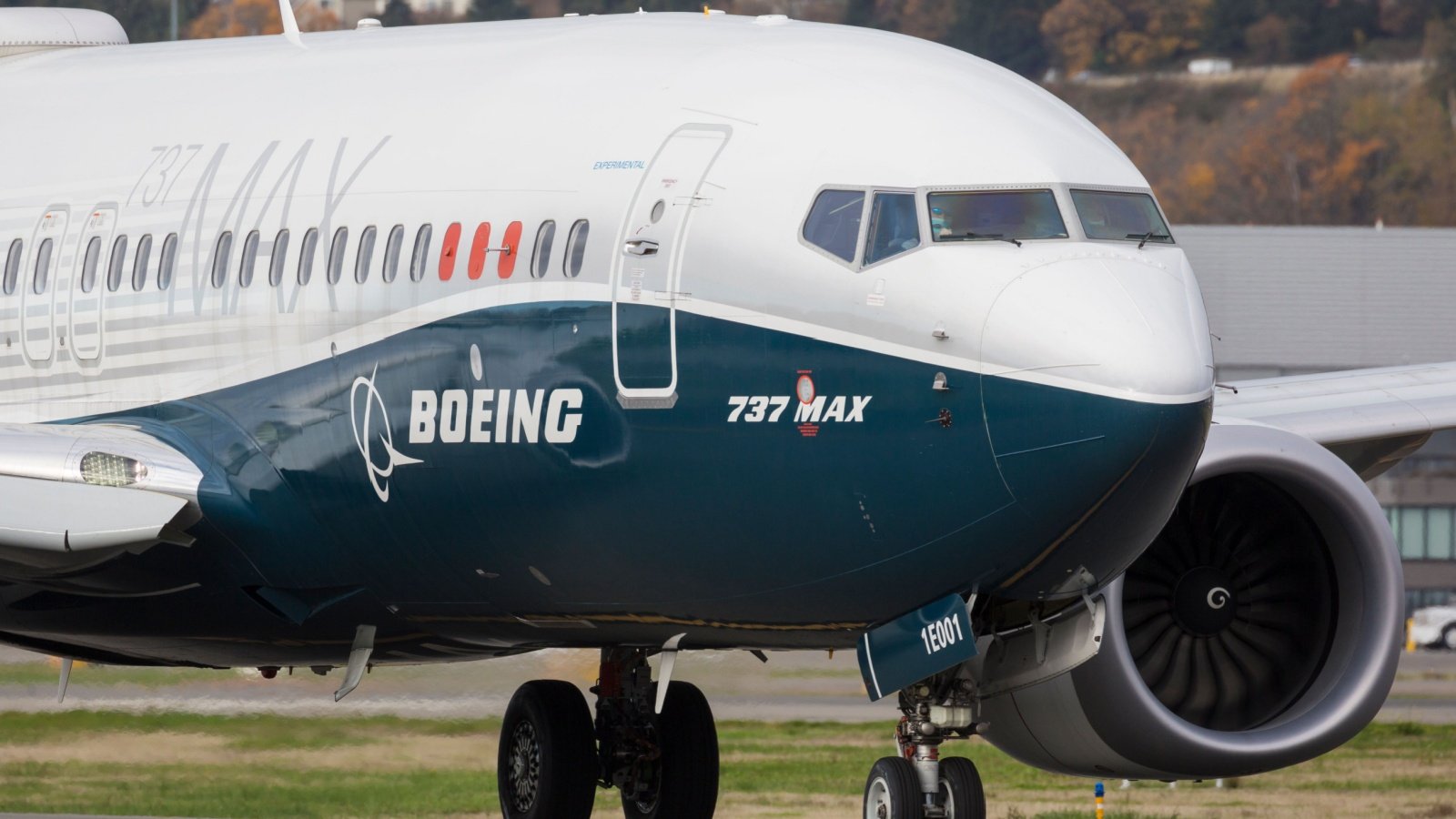If you frequently travel abroad, you might notice that not all destinations welcome American tourists with open arms.
Cultural misunderstandings, perceived arrogance, and historical tensions can create friction between locals and U.S. visitors. In some countries, residents might even be outright rude to Americans.
Here are some of the places where U.S. tourists may encounter a cooler reception.
France

France, particularly Paris, is known for its occasional disdain toward American tourists, often due to cultural misunderstandings. Americans are sometimes perceived as loud and overly casual, which contrasts with the French appreciation for quiet elegance and formality.
Italy
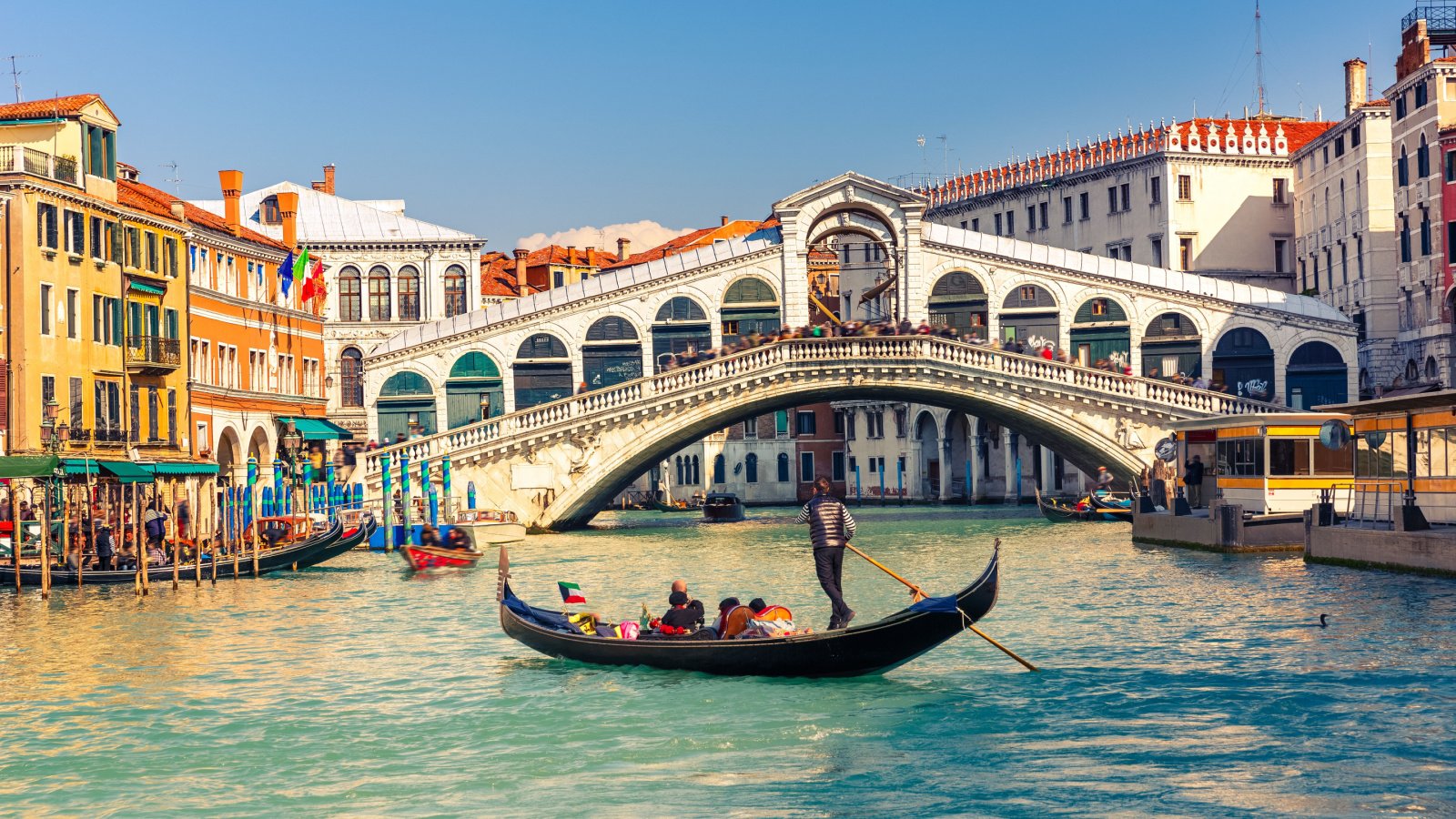
Italy’s charm and beauty attract hordes of tourists, but the locals in cities like Venice and Florence have grown weary of the crowds. American tourists, in particular, are often criticized for being overly enthusiastic and oblivious to local customs.
Spain

In Spain, particularly in popular destinations like Barcelona, there’s a growing frustration with mass tourism, with Americans sometimes seen as part of the problem. The influx of tourists has led to overcrowding, driving up prices and changing the character of neighborhoods. Locals have become increasingly vocal about preserving their way of life.
Japan

Japanese culture places a high value on politeness and respect, and American tourists can sometimes be seen as disregarding these social norms. Whether it’s talking loudly on public transportation or failing to observe proper etiquette in temples, these breaches of decorum can cause friction.
Germany

Germans are known for their straightforwardness, and this can sometimes clash with the more casual and spontaneous behavior of American tourists. Stereotypes about Americans being loud and uninformed about local history or culture can lead to a cool reception. However, those who show respect for Germany’s customs and traditions are generally met with a warmer response.
China

In China, the rapid influx of American tourists has sometimes led to cultural misunderstandings. Americans can be perceived as insensitive to local customs, particularly in rural areas where traditional ways of life are still strong. Additionally, political tensions between the U.S. and China can sometimes spill over into how American tourists are viewed.
Thailand
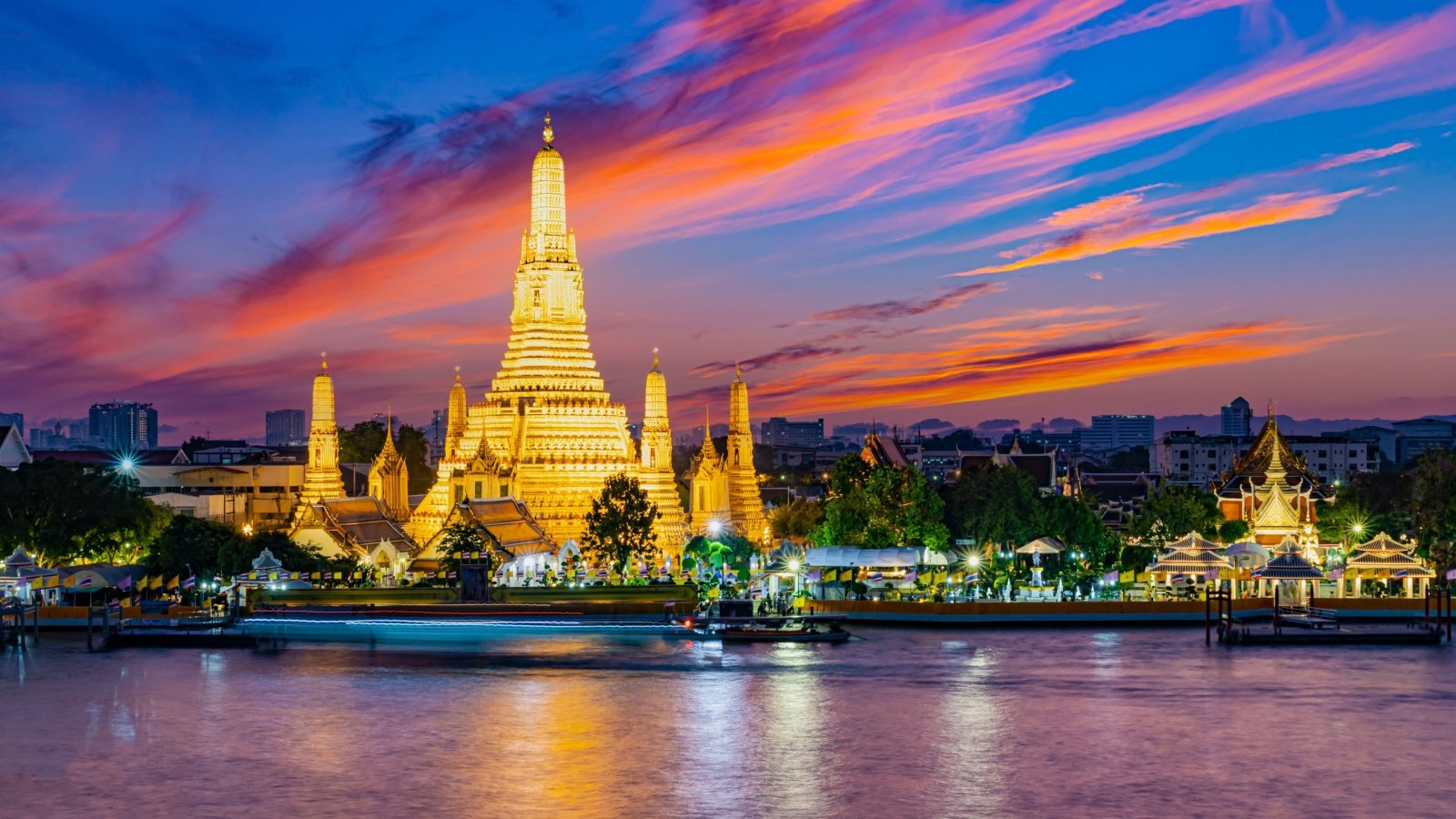
Thailand is a popular destination for American tourists, but the behavior of some visitors has caused resentment among locals. Issues such as disrespectful attire at sacred sites and a lack of awareness of local customs have led to negative perceptions. While the country is generally welcoming, there’s a growing desire for tourists to be more mindful of cultural norms.
Mexico
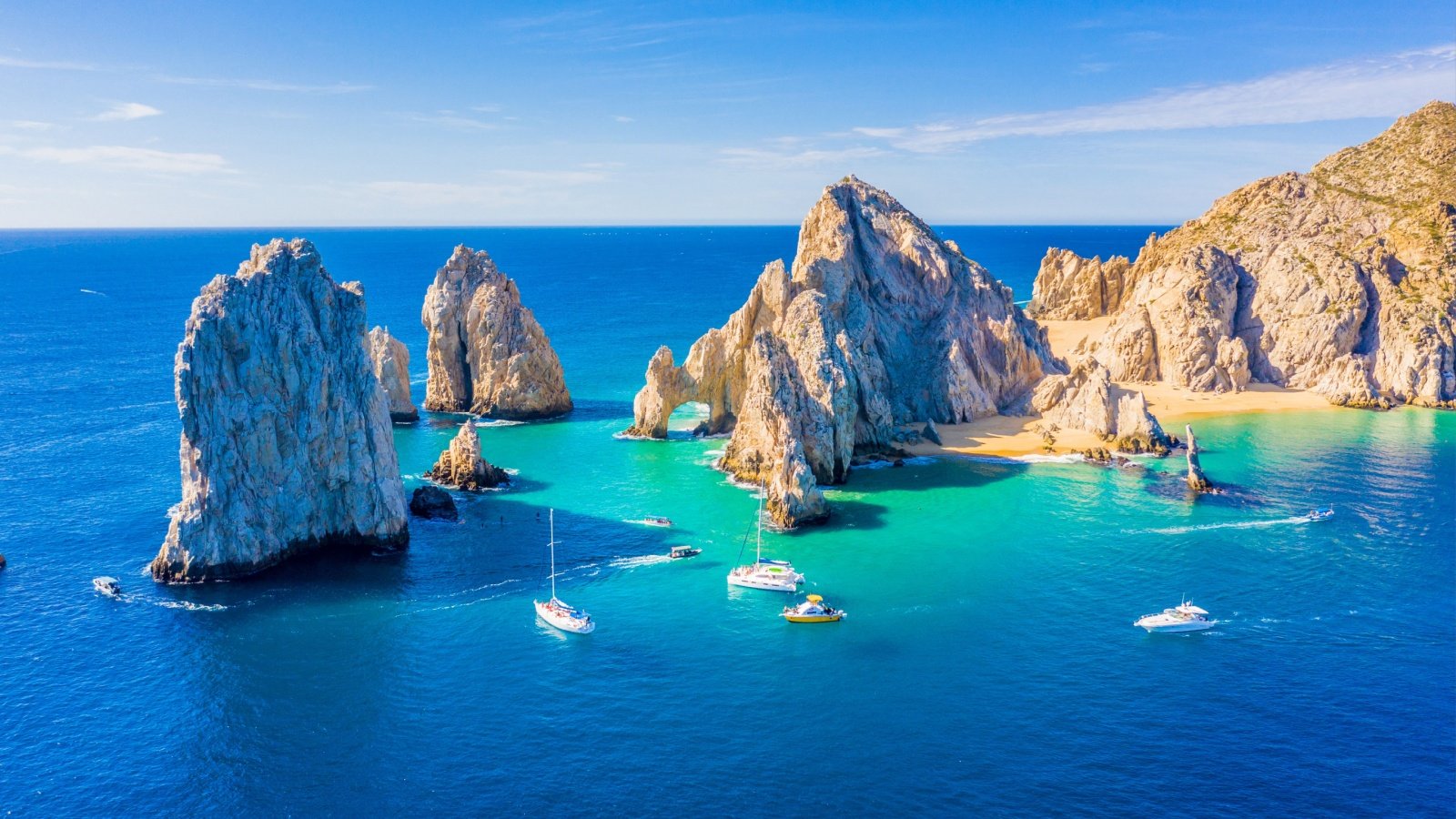
Despite its proximity to the United States, Mexico has a complicated relationship with American tourists. While many Americans flock to popular resort areas, there’s often frustration with those who don’t venture beyond tourist zones. The perception that Americans are insensitive to local culture and history can create a sense of unwelcome, particularly in less touristy areas.
Argentina

In Argentina, particularly in Buenos Aires, American tourists can be seen as overly demanding and unaware of local customs. The stereotype of the loud, entitled American can lead to friction in social interactions. However, those who take the time to appreciate Argentina’s rich culture and speak a little Spanish are often met with greater warmth.
Turkey
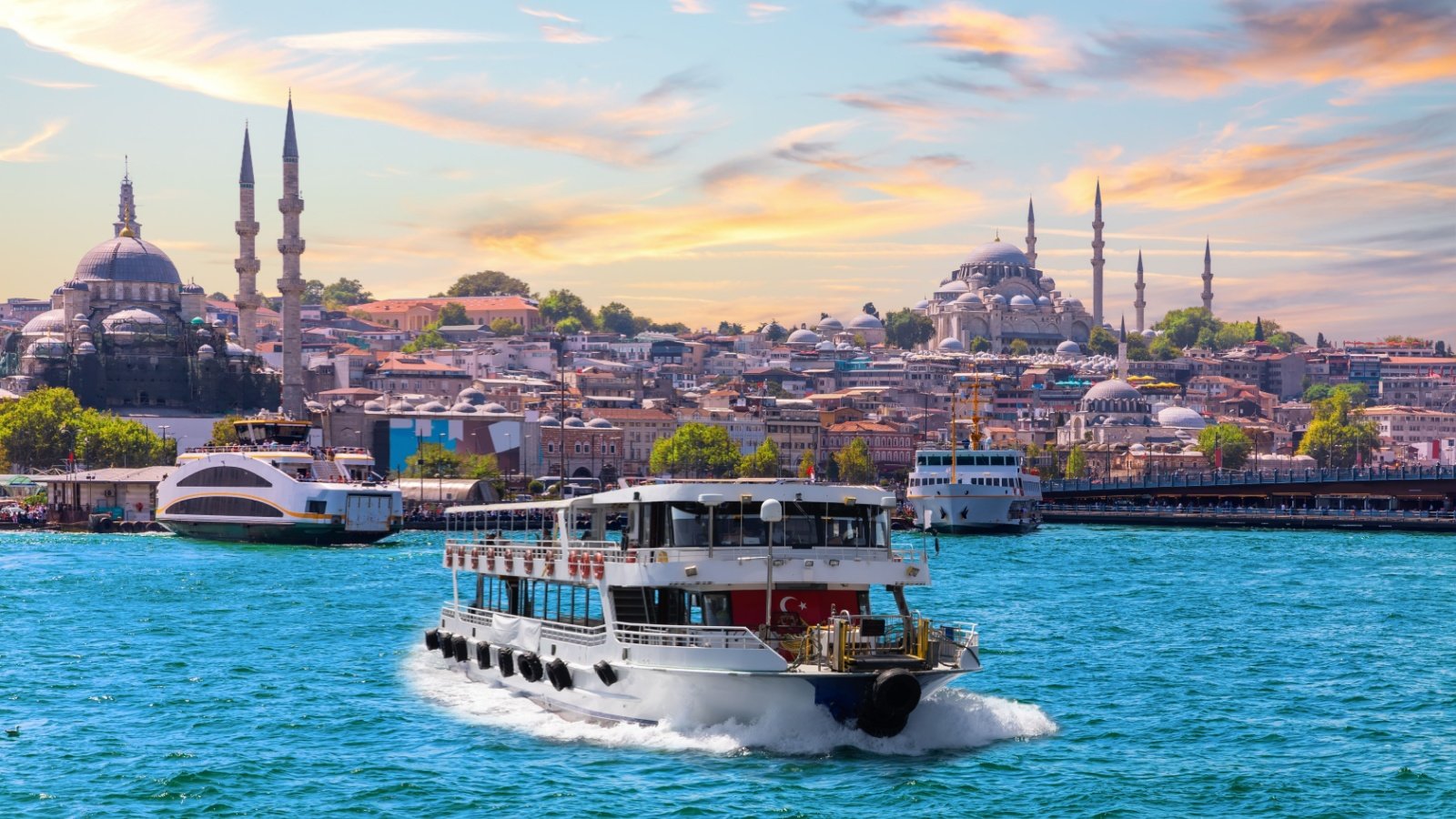
Turkey’s unique blend of Eastern and Western cultures can be challenging for some American tourists to navigate. Misunderstandings around religious customs, such as appropriate dress in mosques, can lead to tensions. While Turkish hospitality is renowned, there’s an expectation that visitors will respect the country’s traditions.
Greece

In Greece, particularly on the islands, the sheer volume of tourists has led to a degree of resentment. The perception that some tourists treat the country as a playground, without regard for local customs or the environment, has created friction. However, Greeks are generally welcoming, especially to those who show respect for their culture and heritage.
The UK
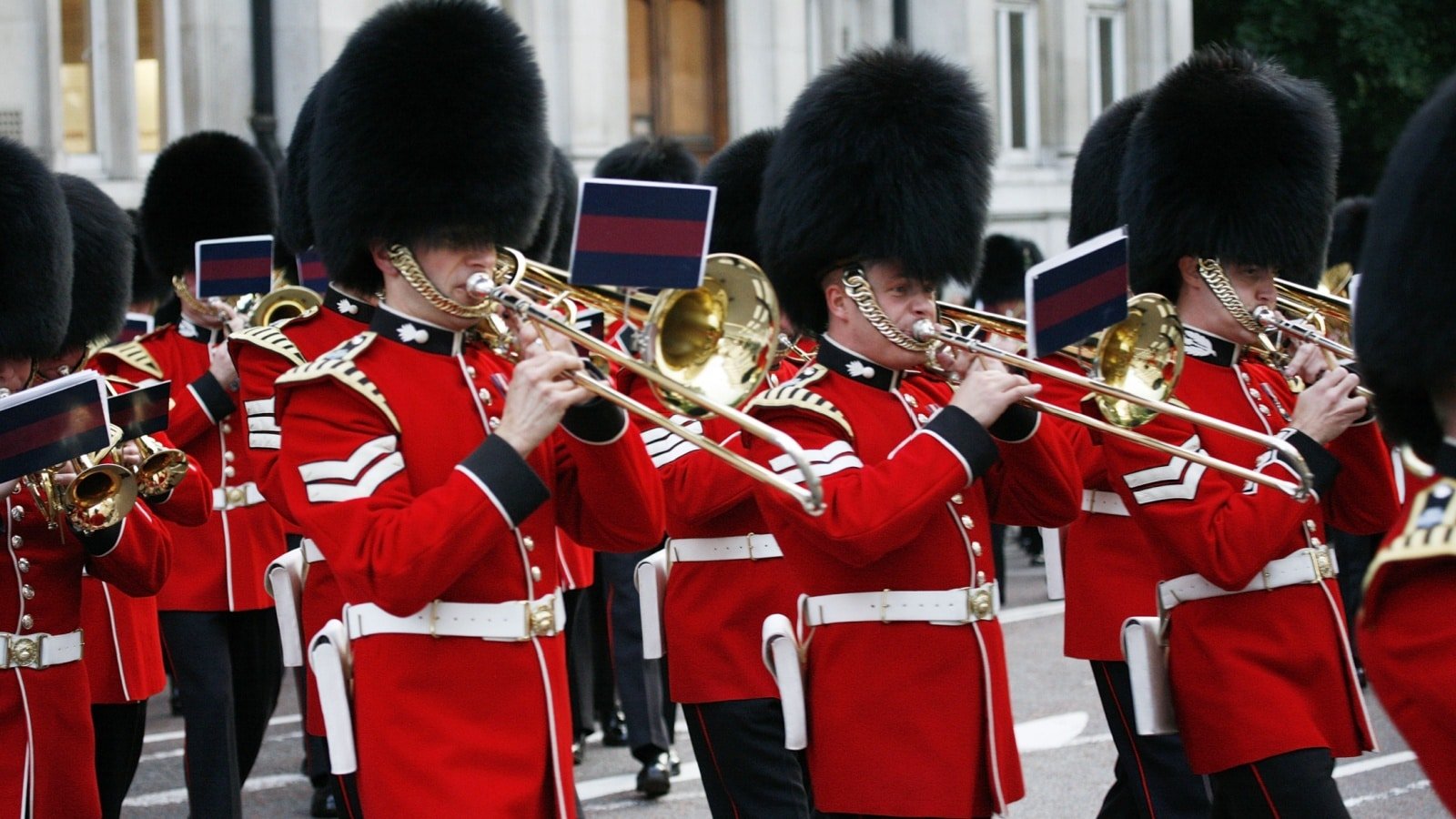
In the United Kingdom, particularly in London, American tourists are sometimes seen as brash or overly informal. The British value politeness and subtlety, which can clash with the more direct and expressive American style. While these differences are usually minor, they can occasionally lead to a sense of annoyance or frustration among locals.
Brazil

Brazil is a magnet for American tourists, but there’s a perception that some visitors don’t fully respect local customs. Issues such as a lack of effort to speak Portuguese and misunderstandings about Brazilian social norms can lead to friction. However, Brazilians are generally open and friendly, especially to those who show genuine interest in their culture.
Russia

In Russia, tourists can be met with a degree of suspicion. Political tensions between the U.S. and Russia contribute to this, as well as perceptions of Americans being overly critical of Russian culture and politics. While interactions are often polite, there’s a noticeable distance in how some Russians engage with American visitors.
Canada

Despite the friendly reputation of Canadians, there can be a certain level of annoyance with American tourists, particularly regarding assumptions of cultural similarity. Some Americans treat Canada as an extension of the U.S., overlooking the unique aspects of Canadian culture and history.
Morocco
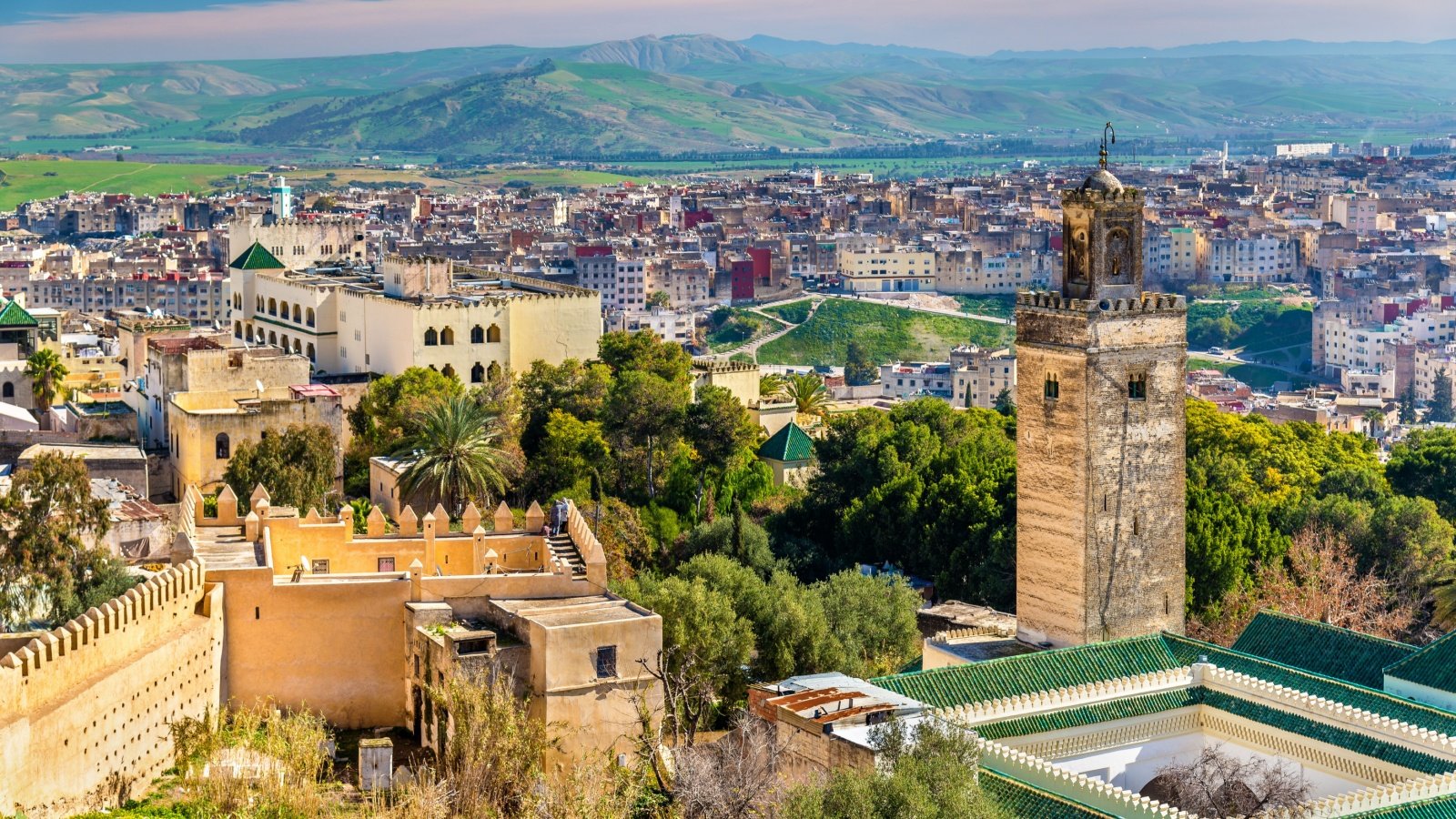
Morocco’s rich cultural heritage and distinct traditions can be challenging for some American tourists to navigate. Issues such as inappropriate dress and a lack of understanding of Islamic customs can create friction.
Cuba
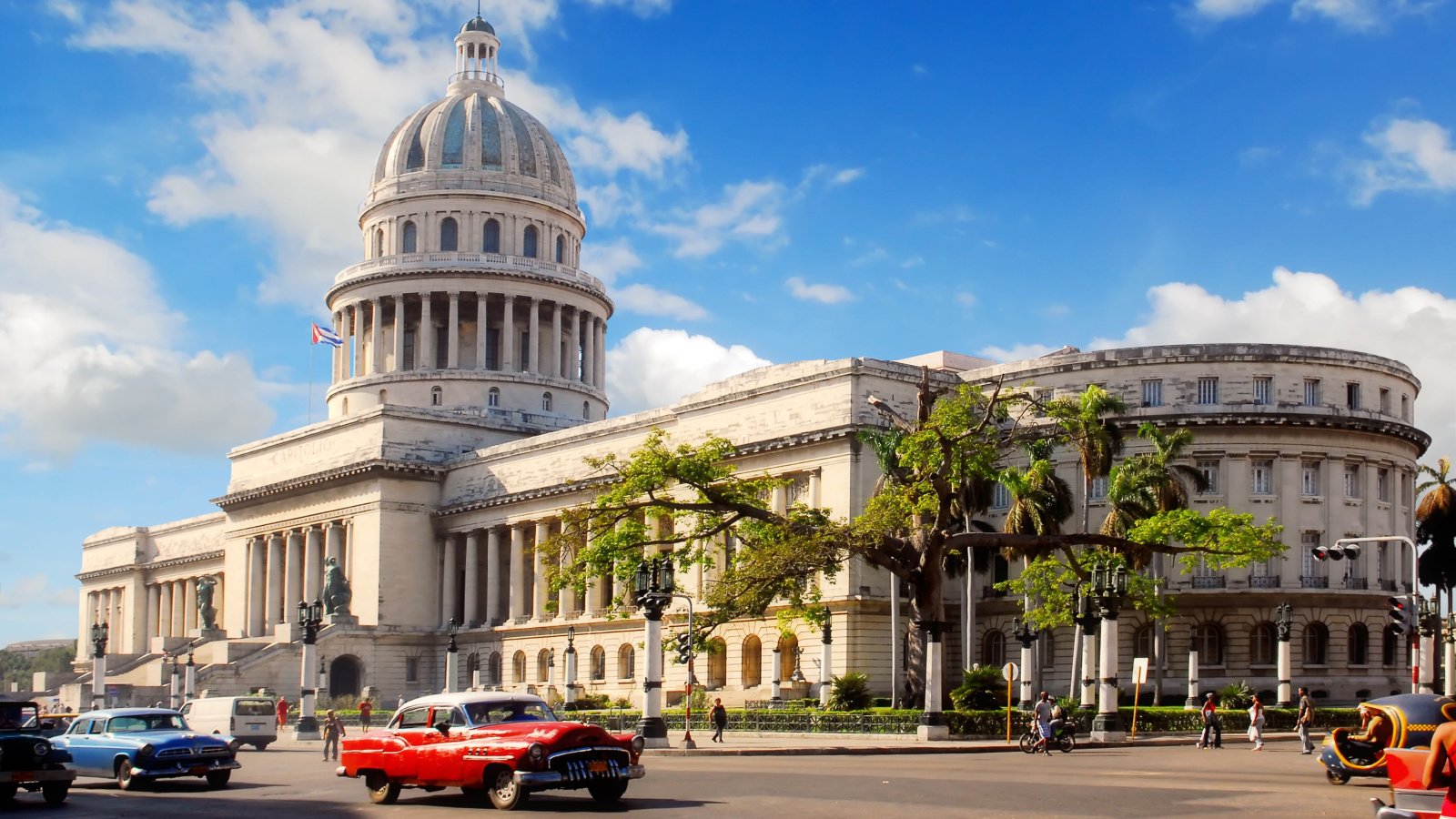
Cuba’s complex political history with the United States can influence how American tourists are perceived. While many Cubans are welcoming, there’s a sensitivity to discussions around politics and the embargo, which can lead to uncomfortable situations.
Israel

In Israel, American tourists can sometimes be viewed as uninformed or overly opinionated about the region’s complex political situation. Misunderstandings around religious customs, particularly in Jerusalem, can also create tension. However, those who approach their visit with respect and an open mind are generally met with warmth and hospitality.
India

Issues such as insensitivity to religious practices and a lack of awareness about local etiquette can create friction in India. While India is known for its hospitality, there’s a growing expectation that tourists will educate themselves about the country’s rich traditions and customs before visiting.
Australia

Australia’s laid-back culture can sometimes clash with the perceived over-enthusiasm or ignorance of some American tourists. Australians value a certain level of self-deprecation and humility, which can be at odds with the more confident and outspoken nature of many Americans.







